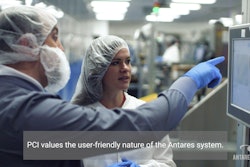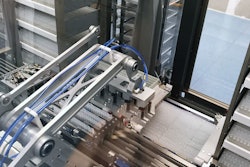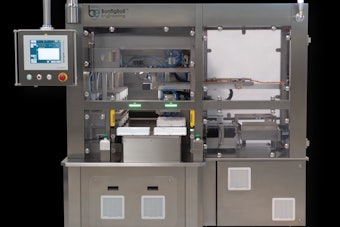
LSPediA, a provider of enterprise supply chain software and services in the pharmaceutical industry, is issuing a letter to drug manufacturers to call attention to the DSCSA saleable returns verification deadline of November 2019 and the high rate of verification failure.
According to collected data from the Big 3 wholesalers, 2% of returned products from dispensers to wholesalers are viable to restock and sell. Currently, wholesale distributors process saleable returns through data and visual inspection. In November, the inspection process will be enhanced through verifying the unique product identifiers embedded in the serialized 2D barcodes.
This process can also be applied to good products that fail to scan properly and for identifying and investigating suspect or illegitimate products that enter the returns process.
Currently, however, 3 out of ten 2D barcodes fail due to data parsing, expiry date anomalies, and other reasons. These all result in negative verifications. Using a conventional Verification Router Service (VRS) system that lacks the ability to manage negative verification will result in good product being put into quarantine, investigated, and removed from the supply chain. This kind of product loss has a disruptive ripple effect in the supply chain, causing lost sales, backorders, and the need for manufacturers to increase production to fill the void.
Other risks are found in the eyes of FDA regulators, including the inability to properly respond to negative verifications, the challenge of identifying similar at-risk products, and problems associated with quarantining, investigating, and reporting suspect or illegitimate products to the FDA.
The letter explains that all currently available VRS systems (save one) lack the ability to manage faulty barcodes and the resulting negative verifications. The problem is rooted in a fundamental design flaw: a binary “yes/no” system, which offers zero capabilities around managing negative verifications. This flaw leaves wholesalers unable to resell them, and manufacturers desperate for a resolution.
LSPedia’s letter also addresses the need for unconventional VRS systems and the concerns of wholesalers in relation to conventional solutions. Click here to view the letter.






















